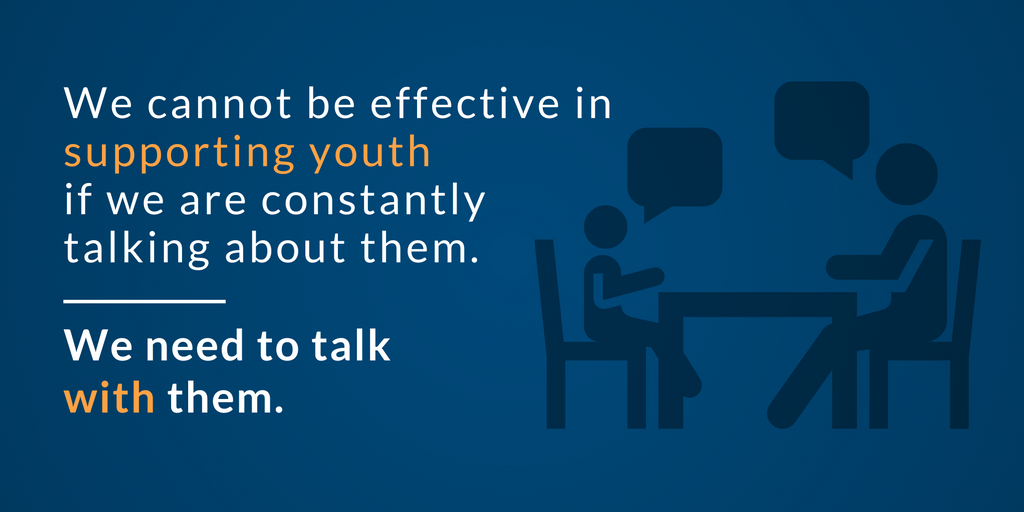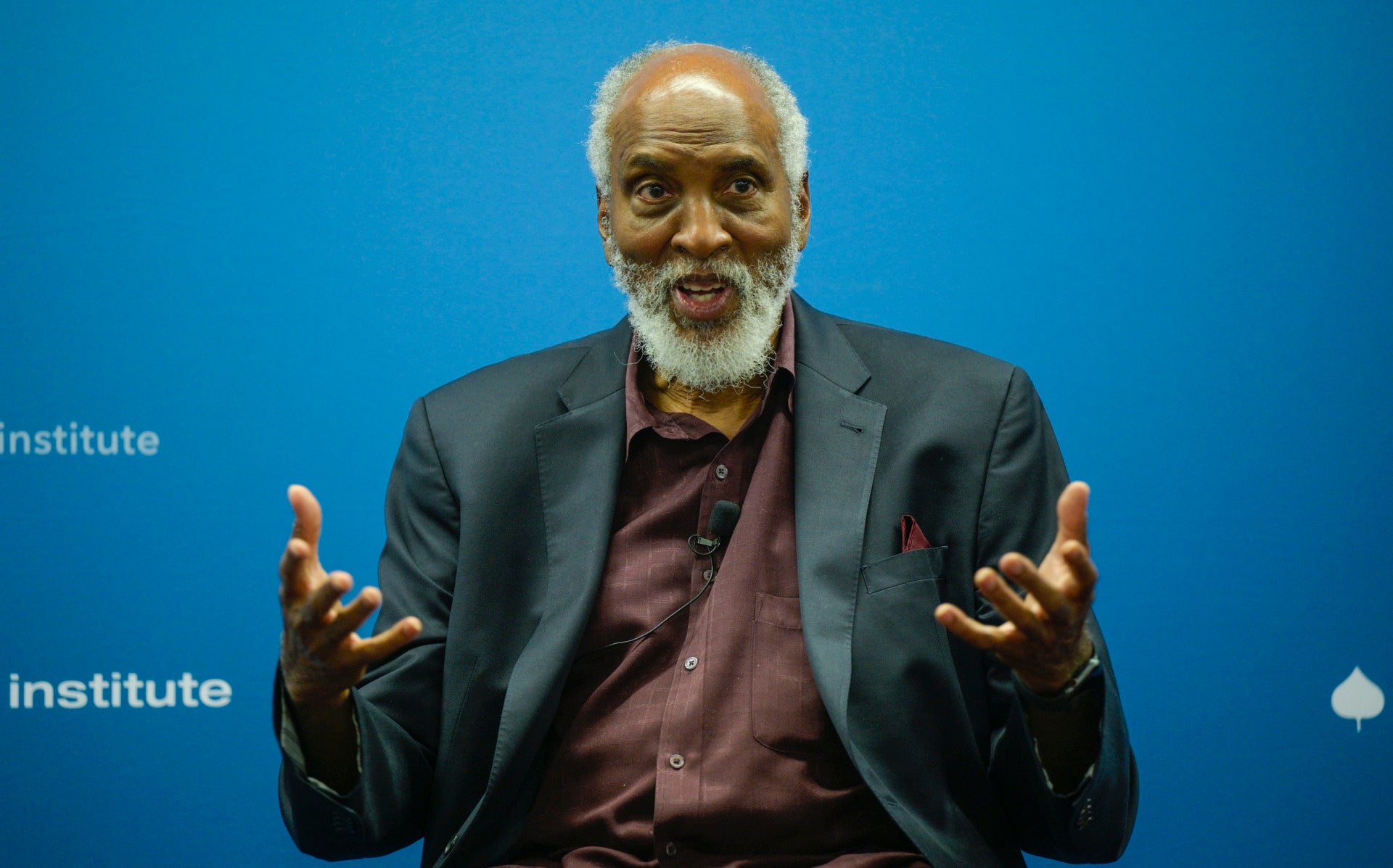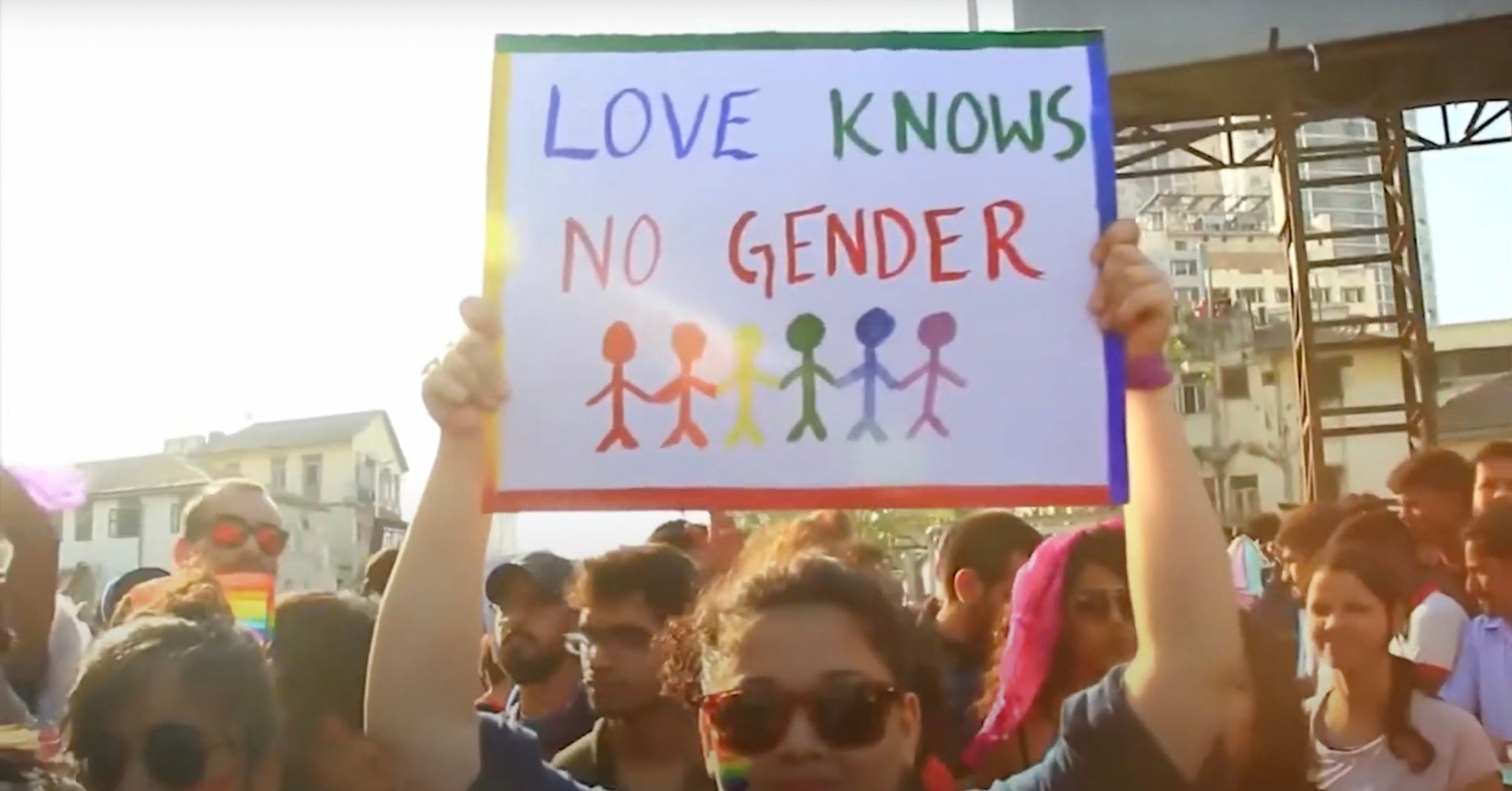Twenty teams from Chicago Public Schools will compete with each other and present their solutions for a chance to attend the Aspen Ideas Festival. Here, Peace First Fellow Brennan Lewis describes how LGBT youth in North Carolina are working against discrimination, and why programs like the Aspen Challenge are critical to preparing students to be leaders and problem-solvers.
I am 19 years old and I have never felt safe in a school bathroom. I am a queer student at the University of North Carolina – Chapel Hill, and I am represented by a state government that doesn’t seem to care about the safety of people like me.
I work daily to change this system through the LGBT Center of Raleigh Youth Programs, where I collaborate with young LGBTQ people across North Carolina to make our state a better place.
I love what I do. But sometimes I feel like I do not belong here, or that I am not wanted. Just a few days ago, the state legislature passed HB2, a bill that removes all public nondiscrimination protections for LGBTQ people — including making it illegal for transgender people to use the bathroom corresponding with their gender identity.
Life as a teen is already tough. When you’re gay, bisexual, transgender, or gender-nonconforming, an average school day can become a struggle to survive. LGBTQ teens face significantly higher rates of being physically assaulted or verbally harassed in school. Many suffer from depression, anxiety, or substance abuse. Some will eventually drop out before graduating, because they feel unsafe in school environments. When I was in high school, I had to choose between avoiding harassment and using the bathroom. I am in college now, but many of my friends will never make it this far.
In states like North Carolina, where both sexual orientation and gender identity are protected categories under laws governing school bullying policies, problems still arise when school administrators and teachers don’t know or don’t care that students are being bullied. In my ninth grade year, my biology teacher harassed me in front of my entire class. I did not know how to ask for help. And through my work, I have found that LGBTQ youth in rural areas are unlikely to see the impact of national protections during their middle and high school years. Young people do not have the time to wait for adults to make legislative change.
To address problems like these in our schools, we need to ask youth for their input. Young people know what is happening in their communities and are uniquely positioned to ask the right questions and actually solve the problems that directly impact them. They already have the tools that they need to create change. What they need is the autonomy to do the work. We cannot be effective in supporting youth if we are constantly talking about them — we need to talk with them.

As a teen, I found that online social spaces provided an ideal platform for coming to terms with my identity, finding peer support, and later building activism projects. Given my limited local resources, I decided to recreate this experience for North Carolina youth by creating a statewide social media-based network for LGBTQ teens. QueerNC, founded in 2012, currently serves over 500 young people across the state.
QueerNC is one piece of a variety of programming run by a 15-member board of high school students at the LGBT Center of Raleigh. With the help of Peace First, our work over the next two years will expand to identify new program chapter leaders across the state and provide mentorship and micro-grants for youth-led projects.
On a national level, the Aspen Challenge and other programs like it are important in helping to bridge the communications gap between youth and adults working to solve problems together. By training students to view themselves as leaders, we can elevate the voices of those who are most directly impacted.
Having online access to a supportive network of teens doing important LGBTQ advocacy work makes a difference. Through these social spaces, young people will work to reclaim our classrooms, our bathrooms, and our neighborhoods from state-backed fear and discrimination. The best thing that adults can do for young people is to work with us to create spaces where we can dream big — we need to hear that our ideas and goals matter.
The Aspen Challenge — launched by the Aspen Institute and the Bezos Family Foundation — provides a platform, inspiration, and tools for young people to design solutions to some of the most critical issues humanity faces. The program engages leading global visionaries, artists, and entrepreneurs to issue real world challenges to teams of students.

